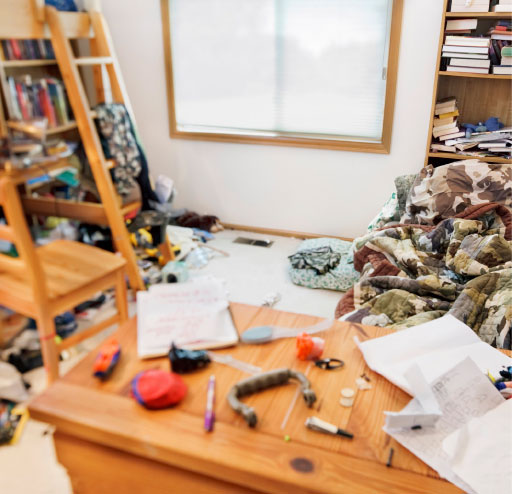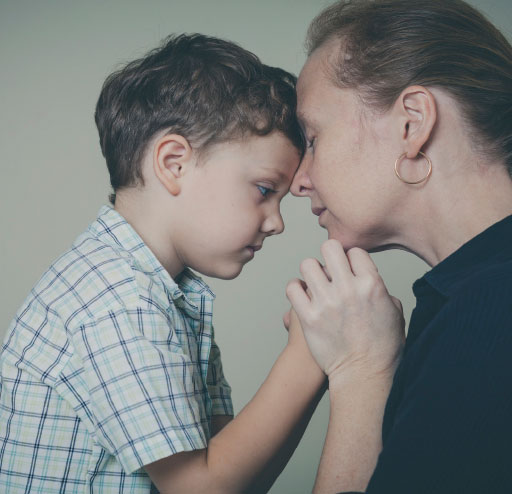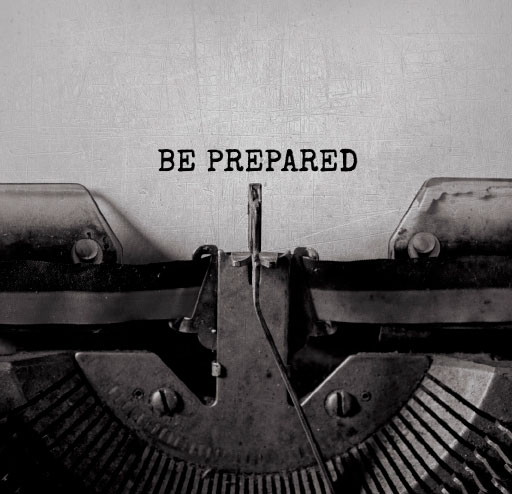Download a printable copy of this article (PDF 544KB)
 Resilience is best defined as the ability to thrive despite risk. There are five key characteristics that identify resilience in young people.
Resilience is best defined as the ability to thrive despite risk. There are five key characteristics that identify resilience in young people.
- They have an appropriate mix of pride and determination.
The word appropriate is key. This is about pride in endeavour and a determination for children to show their very best efforts regardless of whether they succeed or fail, win or lose. - They demonstrate a never give up attitude.
Resilient young people are capable of working through problems independently, sometimes even stubbornly resisting help that you offer. These can be positive signs for parents, carers and for teachers to receive from a young person. - They understand the temporary nature of most struggles.
Resilient children genuinely understand that solving big problems on the first attempt is highly unlikely. They know that they’ll need to persist through a difficulty or a challenge or an obstacle, sometimes repeatedly, to achieve any worthwhile success.
“When fear rushed in, I learned how to hear my heart racing but refused to allow my feelings to sway me. That resilience came from my family. It flowed through our bloodline.”
– Coretta Scott King
- They know that most who succeed need to persevere.
Resilient children have heroes and role models in their lives who show them that they have tried hard, and then have had to try hard over and over and over again to have their efforts recognised or to achieve their goals. - They have extensive support networks.
It’s really important for parents and carers to play a pivotal role in their young people’s lives. But you can’t be the only ones. Introducing other adults, friends and teammates into your child’s life, gives them more options for help when times are tough, and is a truly worthwhile effort for parents and carers to make.
Checking in on your own child and their resilience level is as simple as thinking about whether your child might be low, mid, or highly resilient:- Low resilience children. These children avoid task initiation and they often withdraw from environments they might find challenging. They might say things like “I’m not doing that” or “it sucks” as ways to avoid something that they don’t wish to do. This is usually because they feel that failure is imminent and the resulting shame and embarrassment that comes with it will be too much to handle.
- Mid level resilience in children is often disguised as high level resilience, but these children are selective about the circumstances and the environments in which they will demonstrate resilience. Teachers can often recall students who would carry on with a game of football with a sprained ankle, but lose the plot if confronted with a fractions problem. The aim is for young people to be able to transfer the resilience from one context to another.
- Highly resilient children. These children seek out challenge independently and are capable of being resilient in many different domains of their lives, not simply when they are doing the things they like. These children put as much effort into their academic and physical or sporting pursuits, as they do into their social pursuits.
Building a resilient child is about looking for those factors and rewarding them in your young person. This is how they can start to make upward progress from low to mid to highly resilient. A highly resilient child strides confidently into the schoolyard, and indeed into the world, capable of handling bullying.








